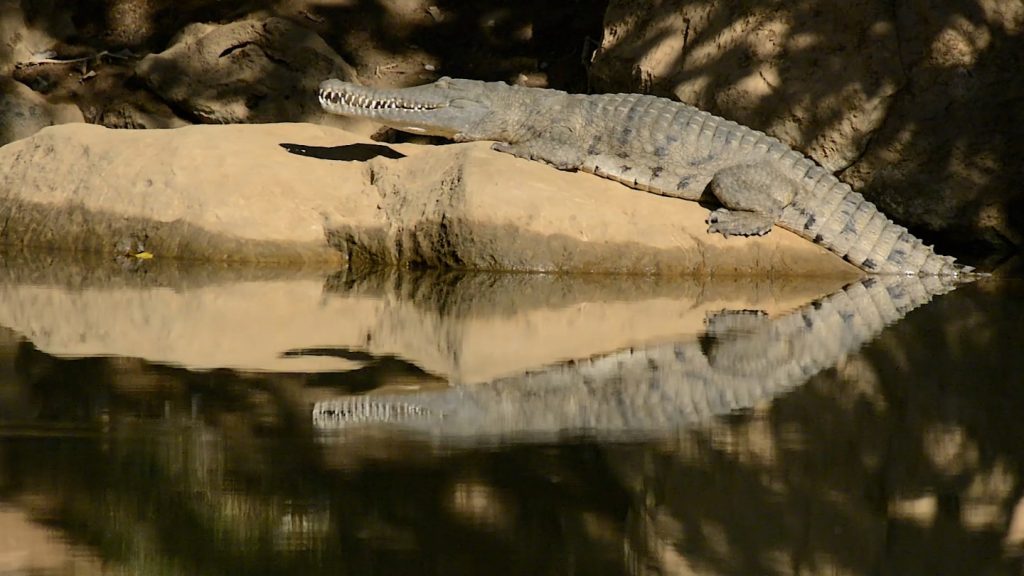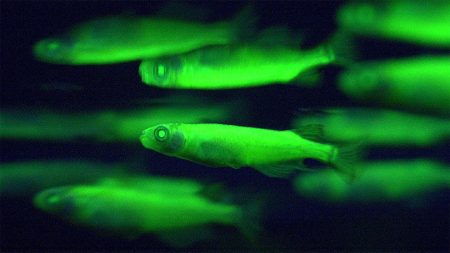Researchers have found that conditioning freshwater crocodiles in Australia to avoid eating lethal cane toads can be effective in preventing predator die-offs. By lacing toad carcasses with lithium chloride, a chemical that induces vomiting, the crocodiles learned to avoid eating live toads after being exposed to the bait. In previous studies, a similar technique had been successfully used on large monitor lizards, demonstrating the potential effectiveness of this method in teaching predators to avoid toxic prey.
Cane toads were introduced to Australia in the 1930s and have since posed a threat to native species, including freshwater crocodiles. The toads produce potent poison that can be lethal to predators that prey on them, leading to declines in crocodile populations following the toads’ invasion. The study aimed to address this issue by training crocodiles to avoid consuming cane toads before they encountered them in the wild, ultimately reducing the negative impact of the toads on predator populations.
To carry out the training process, researchers worked with the Bunuba Rangers, an Australian Indigenous group that considers freshwater crocodiles to be integral to their cultural beliefs. Dead toads were prepared by removing their toxic glands and internal organs, before being laced with lithium chloride and used as bait for the crocodiles. Motion capture cameras were used to monitor the crocodiles’ responses to the bait, with untreated chicken acting as a control. The crocodiles quickly learned to associate the taste of the toxic toads with nausea, leading them to avoid consuming live toads.
The success of the study was evident in the reduced mortality rates of crocodiles that had been trained to avoid toads compared to those in control areas. Fewer crocodiles died from consuming live toads in areas where the training had taken place, demonstrating the effectiveness of the conditioned taste aversion technique. This innovative approach offers new possibilities for conservation efforts, particularly in preventing predator die-offs caused by invasive species such as cane toads.
The use of conditioned taste aversion as a conservation tool has the potential to significantly impact wildlife management strategies, providing a more humane and effective way of protecting predator populations from toxic prey. By teaching crocodiles to avoid consuming lethal cane toads, researchers have addressed a longstanding issue that has led to distressing outcomes for both wildlife biologists and Indigenous rangers. This successful study highlights the importance of integrating traditional ecological knowledge with scientific innovation to achieve meaningful conservation outcomes for vulnerable species.















